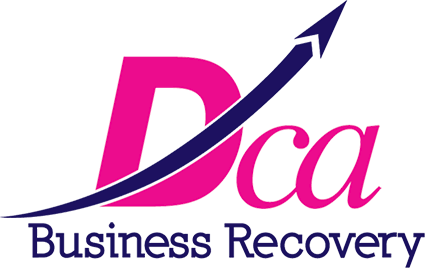Is My Company Insolvent?
The Cashflow Test
Can the company pay its debts as they fall due for payment?
For example, if your trade creditors sell to you on say 30 days terms and you regularly pay on 60 days, then your company could be insolvent.
A director has a legal responsibility to the company to ensure that he or she understands this issue.
If he or she believes that the company has insufficient cash to pay its liabilities as they fall due then they must take advice accordingly.
The Balance Sheet Test
Do the company’s assets exceed its liabilities?
If yes, then the company could be considered insolvent. However it is important that this test includes contingent or prospective liabilities as they are still owed by the company, but not at this date.
When working with directors we are aware that an apparently solvent balance sheet may include certain assets that are overstated, such as stock that is now obsolete, assets that have depreciated and book debts that are no longer collectable. After considering these factors and amending the balance sheet accordingly, many balance sheets become insolvent.
Therefore it is very important that you take a strict view of your company accounts and ensure that they show a realistic view of the company.
The Legal Action Test
Has a creditor obtained Judgment against your company via a CCJ, or presented you with a Statutory Demand for repayment of their debt.
If so and these have not been dealt with properly, then this may be sufficient evidence to prove that the company is insolvent.
An unsatisfied Statutory Demand or unsatisfied Judgment are both conditions for the presentation of a winding up petition on a company.
Action to be taken
If you believe that any of the above tests are positive for the business, it is vital that the board of directors take action to address the insolvent position.
Remember, if the company is insolvent the directors must act to maximize creditor’s interests. If there is no reasonable prospect of the following happening:
• New or additional capital or finance being introduced to the business to return the balance sheet to a solvent position or to remove the cashflow pressures.
• A sale or acquisition of the company
• A company voluntary arrangement or administration
Then the directors may be accused of wrongful trading. This could lead to director’s disqualification
—————————————————————————————————————————————————————–
DCA Business Recovery LLP will provide advice on how to limit your personal liability as a director and ensure that the company is wound up in the most efficient way possible.
Please contact us with any queries on our Freephone Helpline 0800 066 2544

